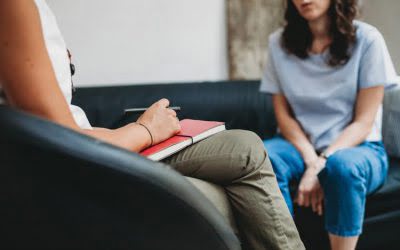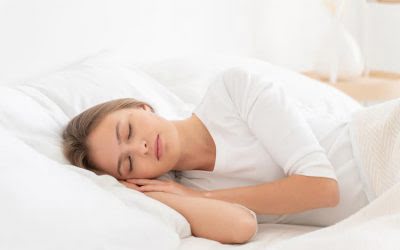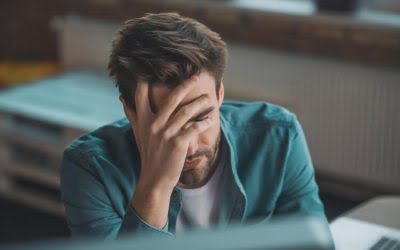Benzodiazepines are occasionally used for both alcohol addiction and anxiety treatment. Each person has unique factors that determine which medicines will benefit them the most. Alcohol tricks you when you first drink it by boosting the chemicals like GABA that make you feel calm and happy. However, when you drink more, it allows the alcohol to deplete these chemicals. Anxiety is something so many of us live with—whether it shows up as constant worry, overthinking, or that wired-but-tired feeling you can’t quite shake. While therapy, lifestyle changes, and medical support all play a role, nature has some powerful allies to offer…
Better ways to treat and manage panic attacks
A healthcare provider might assess you for anxiety and depression if you have hangxiety frequently. They might suggest limiting or avoiding alcohol if https://winformer-clone.newspackstaging.com/global-information-system-on-alcohol-and-health/ it causes or worsens anxiety and depression symptoms. There may also be a more direct link between alcohol consumption and anxiety. Alcohol links to gamma-aminobutyric acid (GABA) receptors, which are chemicals in your brain. It makes sense why people reach for a drink as a stress reliever. As alcohol is a sedative and depressant, it can relieve feelings of fear and anxiety in the moment.

How Is Hangxiety Treated?

It’s ironic that we are culturally conditioned to have a drink to “calm our nerves” because we now know that the opposite can be true. That’s because it’s mostly the hangover the next day, while your body is trying to get rid of the toxin that causes alcohol anxiety. On top of exacerbating anxiety in the long run, chronic alcohol use leads to other mental health concerns. For example, chronic heavy drinking can lead to worsening depression and an increased risk of suicide. Alcohol is a central nervous system depressant, meaning it slows down brain activity.

Your Blood Sugar Will Drop
- Even one drink can interrupt the natural cycles of sleep, causing a nervous or irritable feeling the next morning.
- By the time I reached my early thirties and evolved into a nearly daily drinker, I noticed new symptoms.
- If you’re feeling nervous about being in a social setting, you may pour yourself a glass of wine to self-regulate any stress.
- When levels of GABA become imbalanced, it can cause feelings of anxiety.
The Independent has reported that alcohol holds back glutamine – which keeps you awake. Once you’ve stopped drinking (and gone to bed), the body floods the body with glutamine trying to wake you up making it more difficult to get a good night’s sleep. This article will uncover some of the reasons why alcohol anxiety occurs, what you can do to prevent a hangover, and how you can more quickly recover when you’ve had a few too many. Alcohol related anxiety – or hangxiety if you will – is incredibly common – you’re not alone and there are things you can to do help. People can usually manage all types of anxiety by using a combination of lifestyle changes, medications, and therapy rather than alcohol.
- The physiological changes that alcohol triggers in your body can result in symptoms that are like a panic attack.
- Talk to your doctor about medications, therapy, and support groups that can help you manage your alcohol consumption.
- You can join challenges like “Dry January” or “Sober October.” A study found that people who did Dry January continued to drink less even months later.
- Later in the sleep stages, alcohol disrupts REM sleep and paralytic sleep, which is when your body rejuvenates itself.
- Sometimes, no matter what I do, the only thing that abates my post-drinking anxiety is waiting it out.
General Health
When the person stops drinking, they put themselves more at risk of undergoing alcohol withdrawal, which can also result in severe anxiety. Around 20% of people with anxiety disorders report self-medicating with alcohol. If you’re drinking to decrease your anxiety, you are only putting a (not-so-useful) band-aid alcoholism on the situation rather than addressing the root cause.
You might fixate on these thoughts and get trapped in a cycle of worrying and rumination. This cycle why does drinking cause anxiety can be hard to break and can make you feel more anxious. There isn’t one clear answer to this question, as several factors can play a role in whether someone experiences hangover-related anxiety. Drinking alcohol triggers the hormone vasopressin, which regulates your body’s water and salt levels.